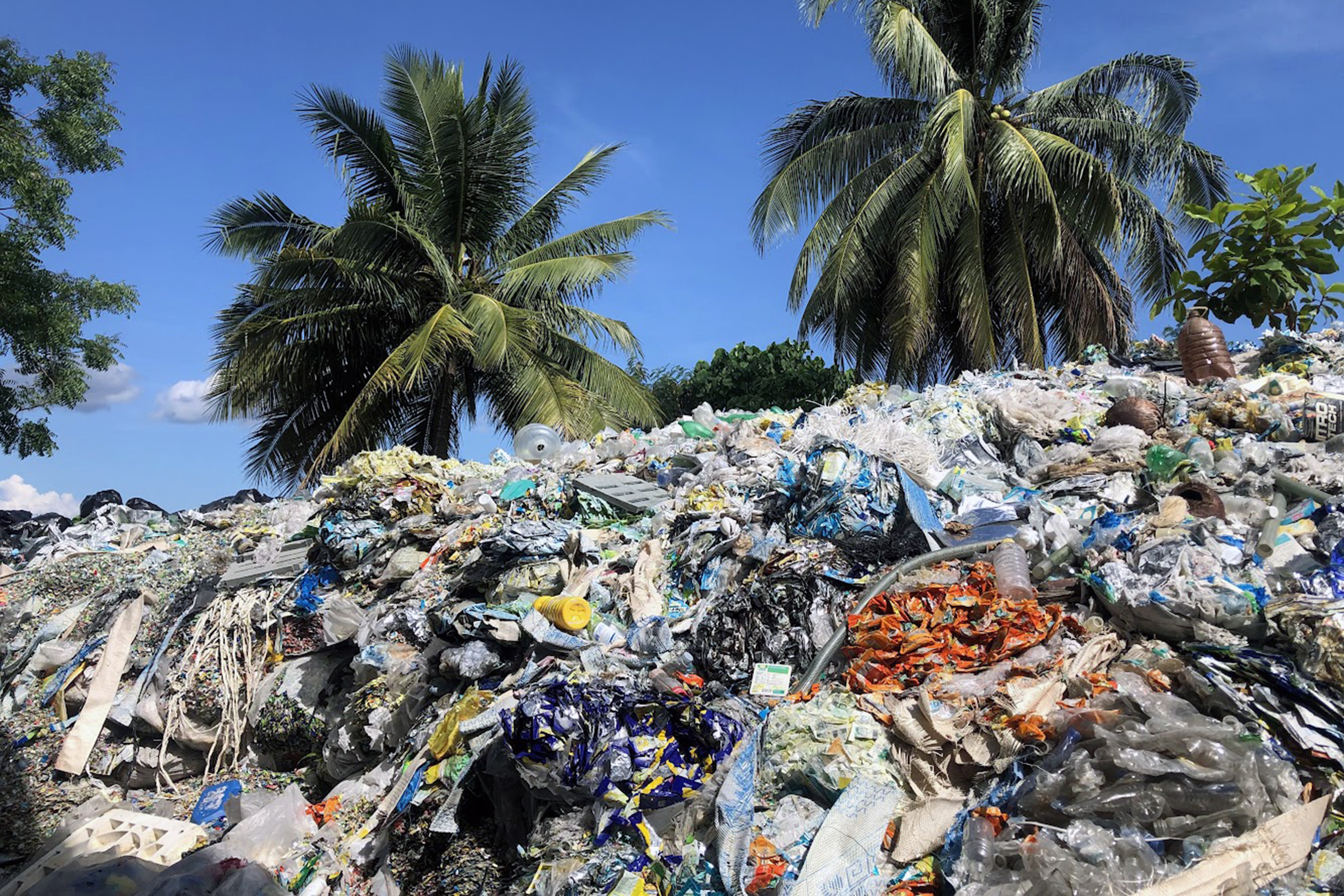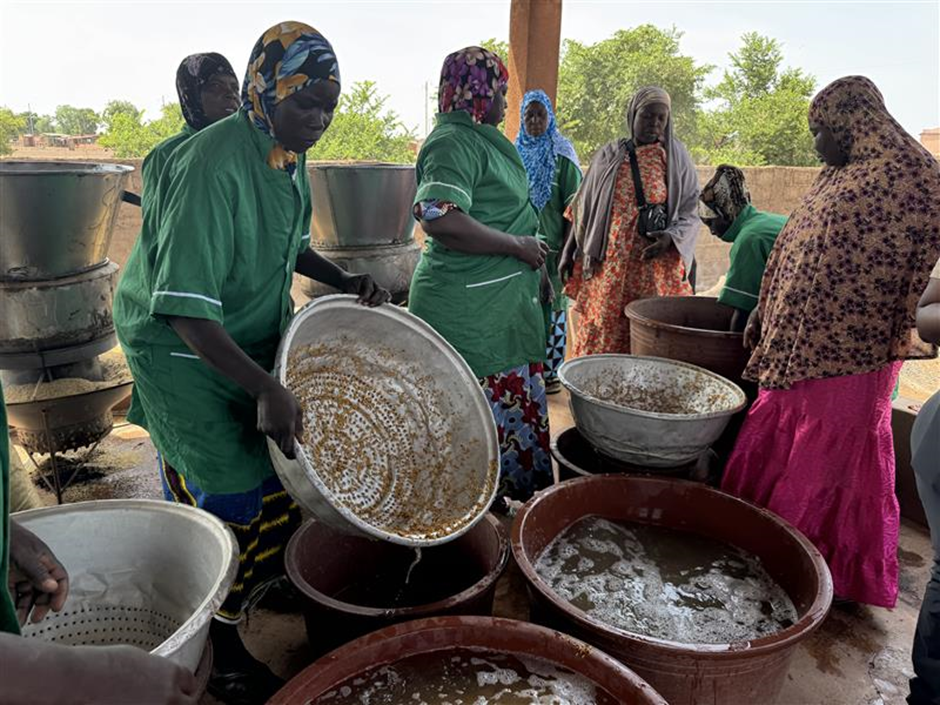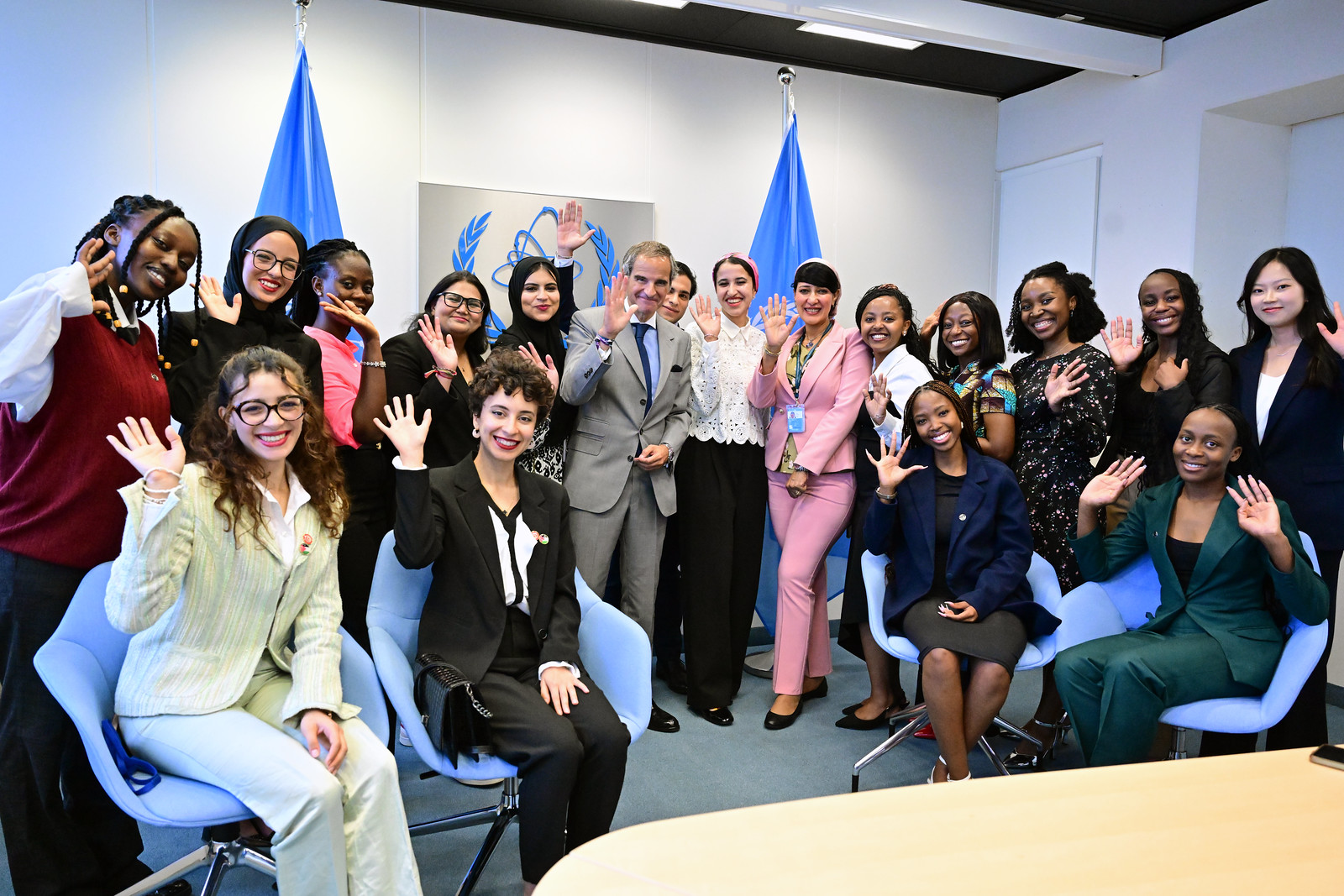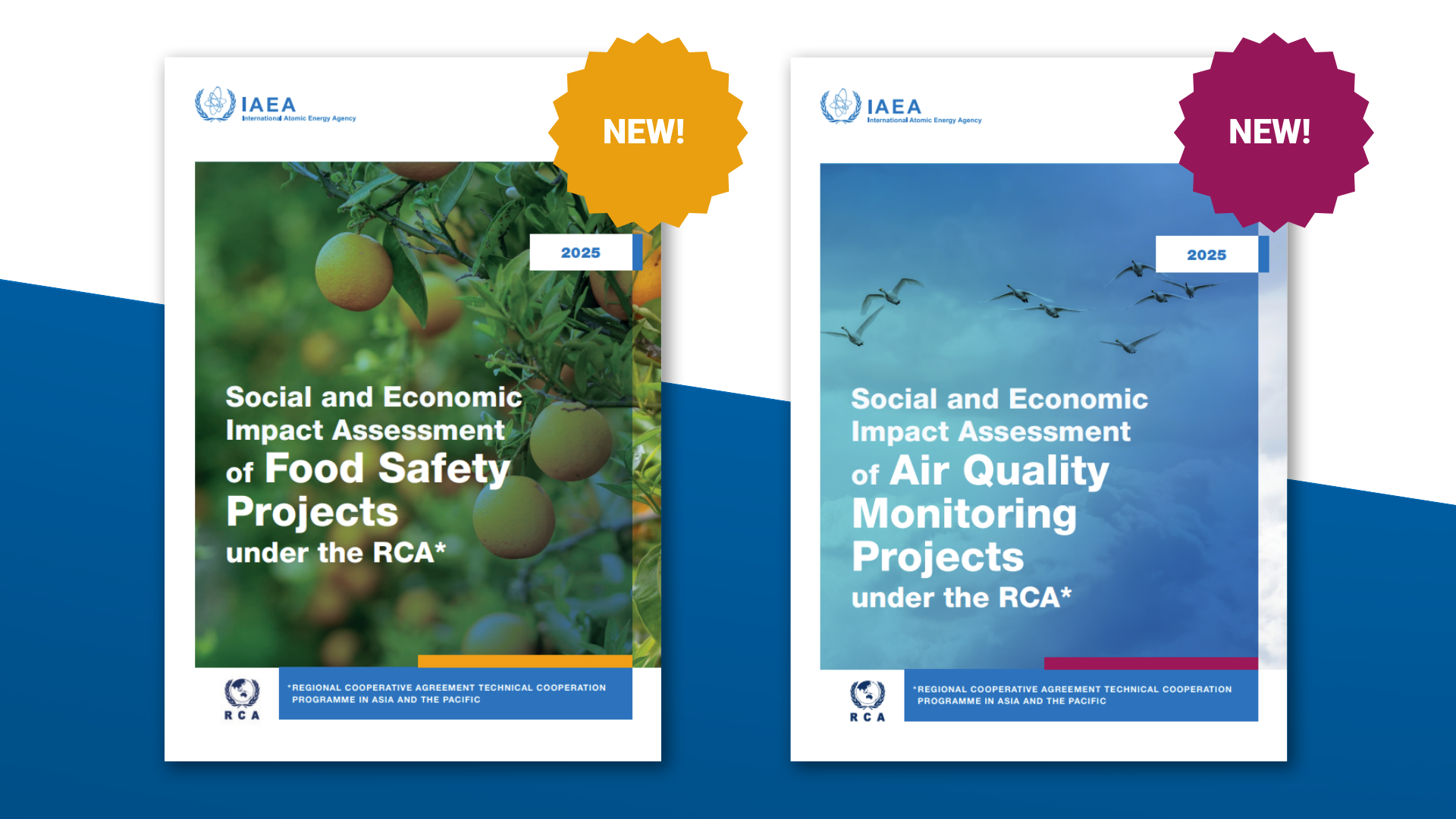Impact of IAEA Technical Cooperation Highlighted at IAEA General Conference

The IAEA technical cooperation programme showcased its work around the world at side events and exhibitions on the margins of the 69th IAEA General Conference. Regional cooperation events and bilateral meetings provided further opportunities for countries to assess progress and plan for future technical cooperation activities at national and regional levels.
More than 3000 participants, including 57 ministers and 37 vice ministers, attended the world’s largest global nuclear event in September 2025.
A team of friendly staff at the IAEA’s technical cooperation exhibition informed visitors about the technical cooperation programme.
Information materials about the thematic areas that the technical cooperation programme covers were available, as well as the findings of a study on the impact of technical cooperation fellowships.

At a side event on the IAEA NUTEC Plastics initiative, participants heard the latest updates in marine microplastics monitoring and upcycling technologies.
They learned how electron beam technology is being used to upcycle plastic waste into useful materials like railroad ties and construction materials, and that a new global monitoring network is being established to track marine microplastics.
More than 100 countries are participating in the NUTEC Plastics initiative to tackle plastic pollution.

The Atoms4Food initiative, a joint IAEA/FAO initiative, helps countries boost food security.
At a side event on advancing food security in Africa through Atoms4Food, Liberian Minister of Agriculture Alexander Nuetah and the Permanent Representative of Sudan to the United Nations, Magdi Mofadal Elnour, highlighted the continent’s growing food security challenges and the unique solutions provided by nuclear techniques.
A researcher from Burkina Faso described the success of the recent Atoms4Food Assessment Mission and explained how national rice yields have grown with IAEA support.

IAEA projects designed to inspire the next generation of nuclear scientists in Africa and Asia, including the International Nuclear Science Olympiad, were showcased at a dedicated event.
The 17 students who won an IAEA nuclear science competition organized with Women in Nuclear were also recognized. Each student prepared a video presentation highlighting one of the IAEA major initiatives.
In their annual coordination meetings, the four IAEA regional cooperative groups for Africa, Asia and the Pacific, the Arab States in Asia, and Latin America and the Caribbean assessed progress and planned for future technical cooperation activities in their regions.
At the meeting of the African Regional Cooperation Agreement (AFRA), delegates reviewed accomplishments and discussed future technical cooperation projects in Africa.
The States Parties of the Cooperative Agreement for Arab States in Asia (ARASIA) discussed strategic and programmatic topics.
On the margins of the ARASIA meeting, Jordan and Kuwait signed agreements designating two new Regional Resource Centres on environmental monitoring in their countries. Five existing centres already support human health capacity building in the region.
In his opening statement at the meeting of the Regional Cooperative Agreement for Latin America and the Caribbean (ARCAL), IAEA Director General Grossi said that "ARCAL is taking on a new dimension by expanding partnerships in the region and embracing working creatively and openly with other institutions. The aim is to build on existing regional mechanisms through collaboration."
In 2025, the technical cooperation programme organized 46 regional training courses and facilitated the training of over 900 people in the region.

Two new socioeconomic impact assessments on air quality monitoring and food safety were launched at the meeting of the Regional Cooperative Agreement for Asia and the Pacific (RCA), highlighting the impact of nuclear science and technology in these fields.
The assessments evaluated air quality management and food safety projects over a 24-year period. Between 2000 and 2023, the IAEA trained over 350 scientists and policymakers in air quality monitoring issues and supported the establishment of 128 food safety facilities in Asia and the Pacific.
Eight countries from around the globe signed Country Programme Frameworks on the margins of the General Conference: Argentina, Brazil, Kuwait, Kyrgyzstan, Liberia, Pakistan, Romania and Tajikistan.
Country Programme Frameworks outline national development plans and priorities that guide countries’ collaboration with the IAEA technical cooperation programme.

For more information about the work of the IAEA technical cooperation programme, please visit www.urlse.cn/tc